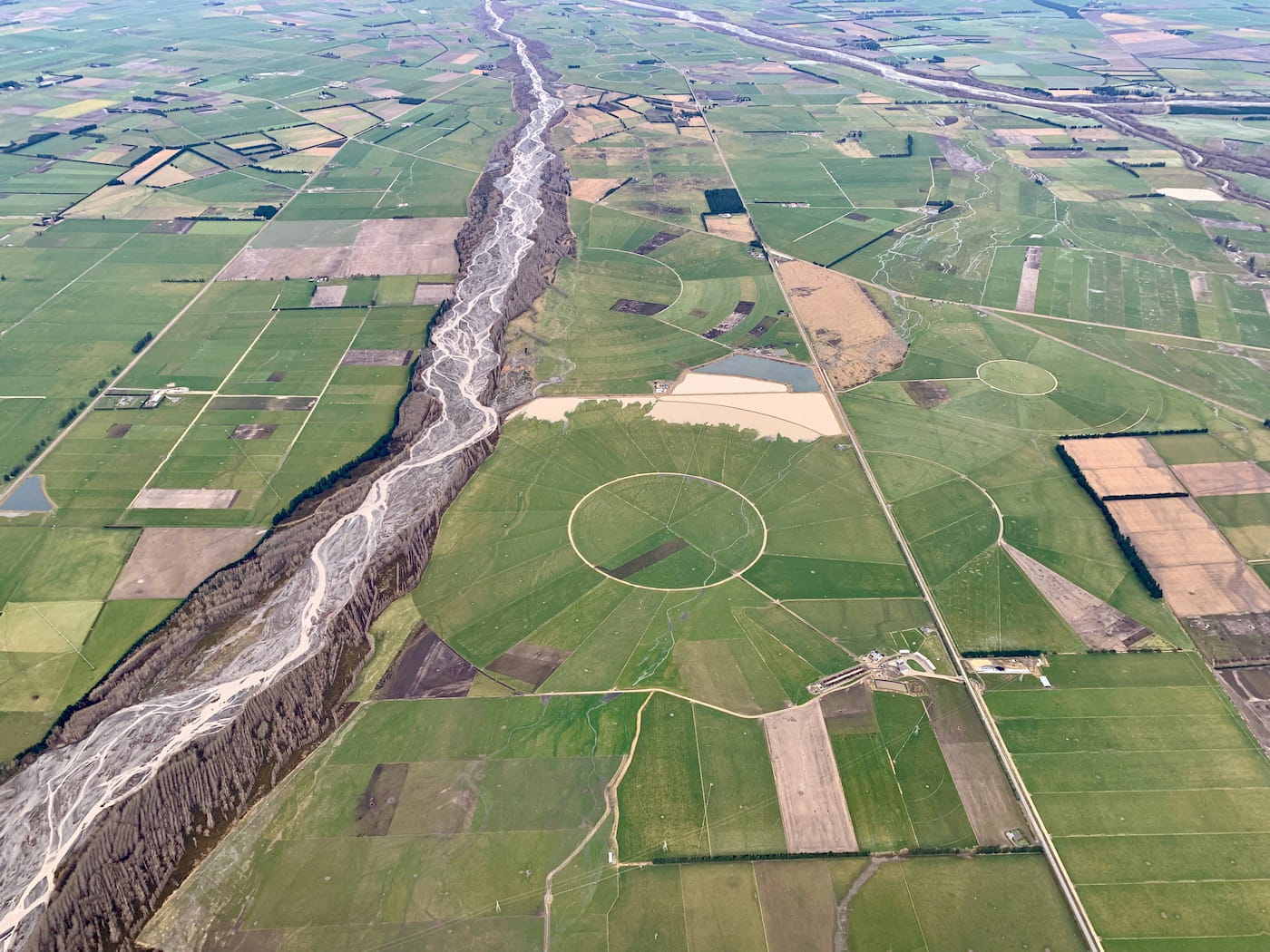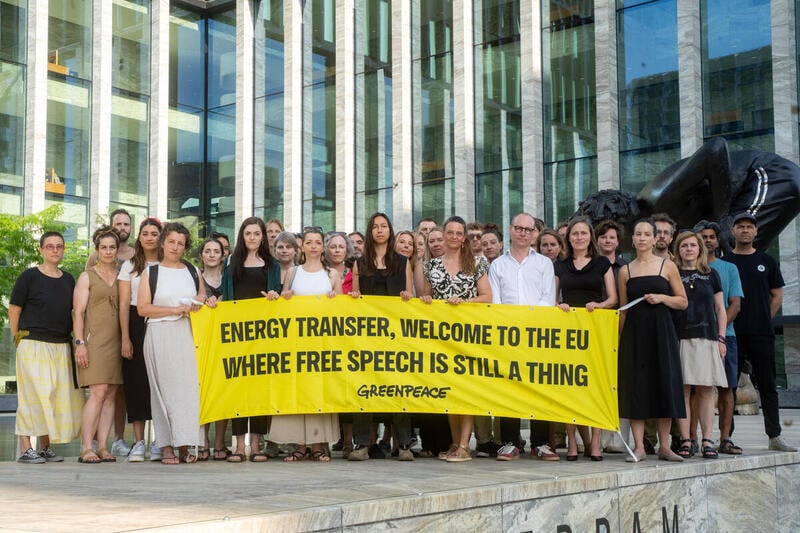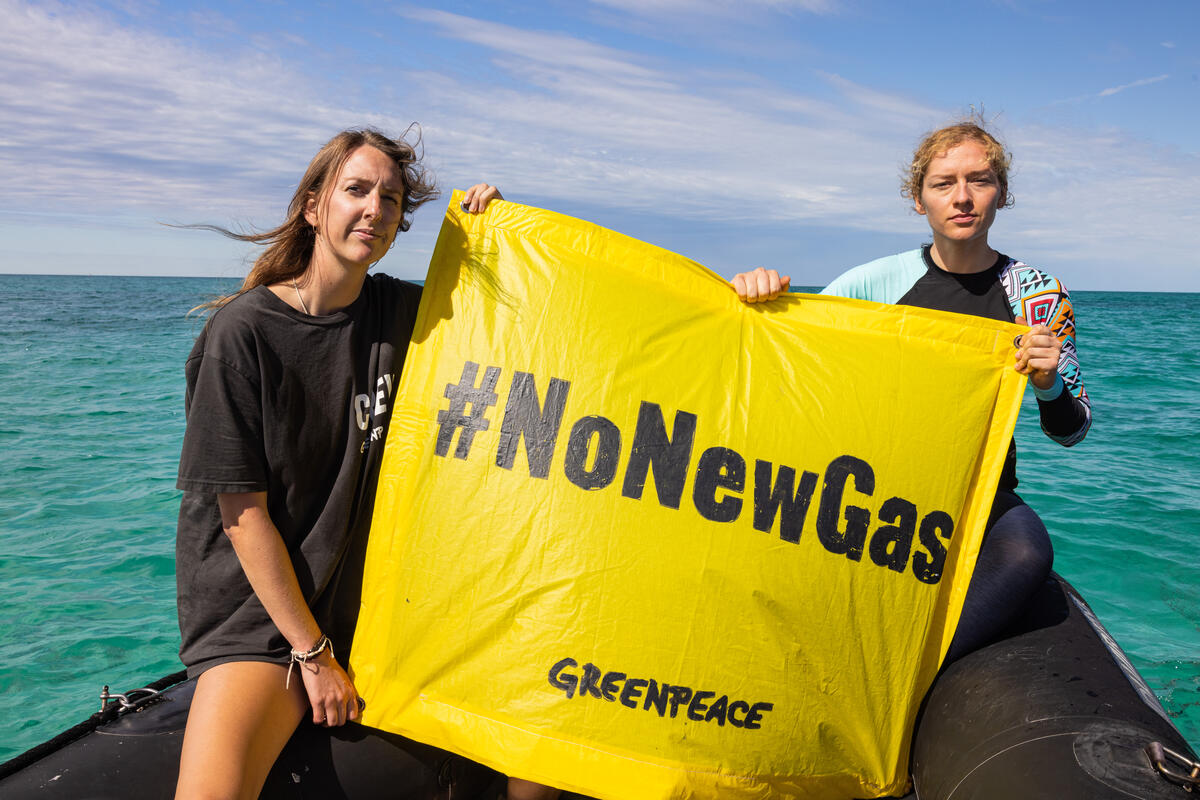Kia tau ngā manaakitanga a te mea ngaro
ki runga ki tēnā, ki tēnā o tātou
Kia mahea te hua mākihikihi
kia toi te kupu, toi te mana, toi te aroha, toi te Reo Māori
kia tūturu, ka whakamaua kia tīna! Tīna!
Hui e, Tāiki e!
Let the strength and life force of our ancestors
Be with each and every one of us
Freeing our path from obstruction
So that our words, spiritual power, love, and language are upheld;
Permanently fixed, established and understood!
Forward together!
What will future scholars see when they look back and study us: a portrait of humans today and our impact on the environment. And what would our ancestors feel when they gaze down to observe the looming threat of deep sea mining in our oceans?
Imagine the looming threat.
A lone wheke (octopus) propels itself closer to the sea floor. At complete ease with the blanket of darkness around it. It understands the beat of this world. Its surroundings are familiar, quiet and still.
Moments into its continued descent, a terrorising light engulfs its vision, a colossal machine reveals itself. The machine is alien to this world, and it is utterly terrifying. It is a deep sea mining machine. It moves closer, churning in sound, annihilating the ocean floor, distorting the wheke’s home.
Now confused and bewildered, the wheke retreats to safety, completely alone and overshadowed by this new disturbance. A dangerous threat has revealed itself.
This possibility is upon us.
Last week, Greenpeace, including Aotearoa, marked a Global Day of Action. 14 countries, 60 events and over 1000 people, calling on governments to support a ban on deep sea mining.
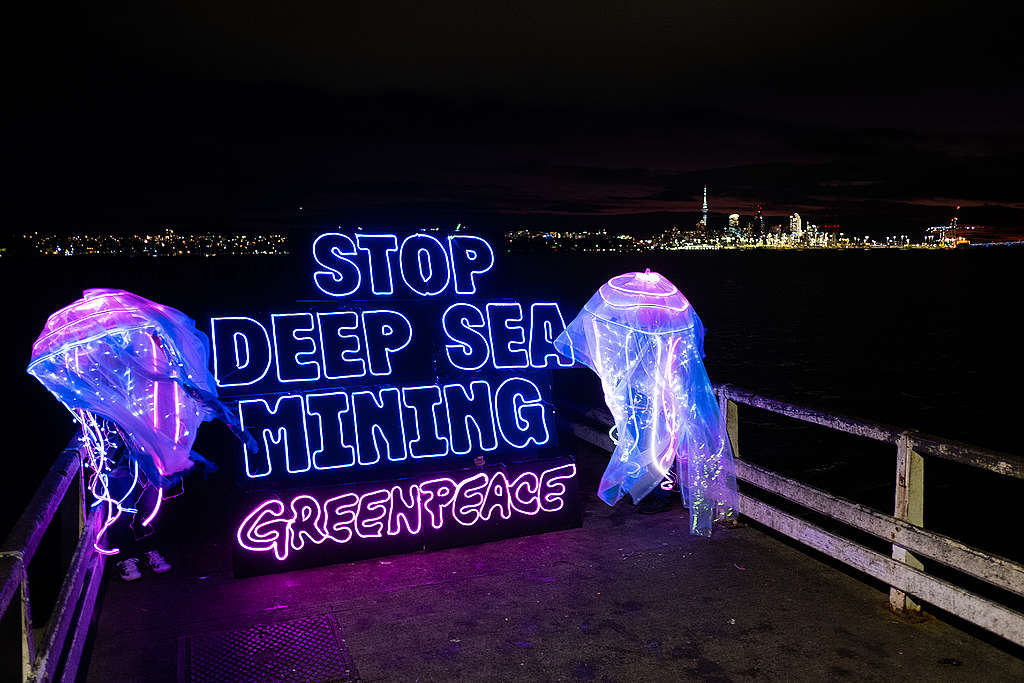
The action was global and unified because it had to be. Our response to deep sea mining has to match the enormity of this threat.
And the threat is enormous.
Deep sea mining could begin this year, and if this happens, it will change the ocean forever and the lives of communities who have lived in harmony with it for generations, including mine.
My people are Tainui, settling in the Waikato region after arriving on the Tainui waka over 800 years ago. Tainui was one of the great ocean-going waka, led and guided by our chief Hoturoa. Our people are of the sea and it is part of us. Like all polynesians, Māori come from the ocean, and we are in complete harmony with it. This issue of deep sea mining is personal for us, not only because it will have cataclysmic impacts on the ocean, but it completely targets our whakapapa (genealogy).
We want to stop this industry now, so that it never starts – protecting the largest ecosystem on the planet, facing down one of the latest forms of neocolonialism, and challenging a destructive industry trying to legitimise its activity through greenwash.
What is deep sea mining?
Deep sea mining involves mining metals and minerals from the ocean’s seabed thousands of metres below the surface. Deposits of these metals and minerals like manganese, nickel and cobalt have built up on the seafloor into potato-sized nodules over millions of years.
To mine these metals, gigantic machines weighing more than a blue whale would scoop deposits from the deep ocean floor. They’d then pump the mined material up to a ship through up to several kilometres of tubing. Sand, seawater and other mineral waste would then be pumped back into the water as seen in this exposed footage.
Deep sea mining is a very new industry. Apart from a few small tests, no actual mining has happened yet. But the companies involved are preparing to start full-scale production. And governments are deciding whether to let them go ahead.
Like mining on land, deep sea mining is extremely destructive. But mining the ocean floor is hugely risky for so many reasons including biodiversity loss. Noise from deep sea mining will also be disruptive to marine mammals that use sound as a primary means of underwater communication and sensing.
We are on the cusp of destruction!
In a few weeks time, governments meet again in Jamaica to potentially decide whether to allow deep sea mining or not at the International Seabed Authority conference.
What if we could go back in time and stop offshore drilling at the dawn of the oil age? We could prevent the ongoing climate crisis, as well as countless oil spills and leaks. Now, we have a once in a generation opportunity: to stop another dangerous extractive industry, deep sea mining, from damaging the global oceans the way the fossil fuel companies have done to the climate.
Despite the growing pressure and the global mobilisation, governments haven’t yet reached an agreement to protect the oceans from deep sea mining. The door has been left open for the industry to start plundering the seabed this year.
If we don’t act now, we risk losing deep sea species we’re only beginning to understand and our spiritual connection could be lost forever; carbon sinks and storage could be disturbed; and Pacific people’s way of life could be seriously impacted.
Kia whakairia te tapu
Kia wātea ai te ara
Kia turuki whakataha ai
Kia turuki whakataha ai
Haumi e. Hui e. Tāiki e!
Restrictions are moved aside
So the pathways is clear
To return to everyday activities
Mauri ora!
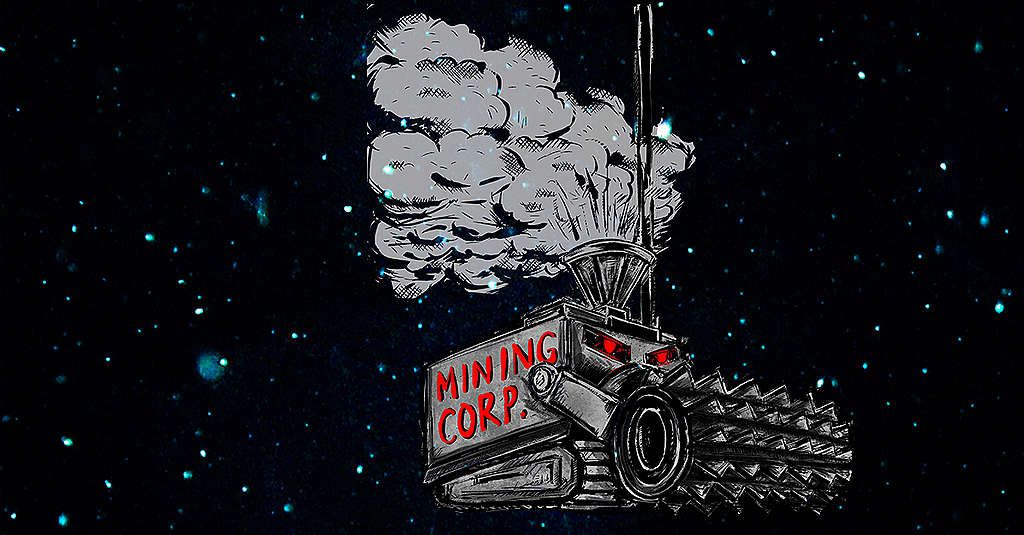
It’s time for New Zealand to take a stand. Join our call on the New Zealand government to back a global moratorium on seabed mining.
Take Action
